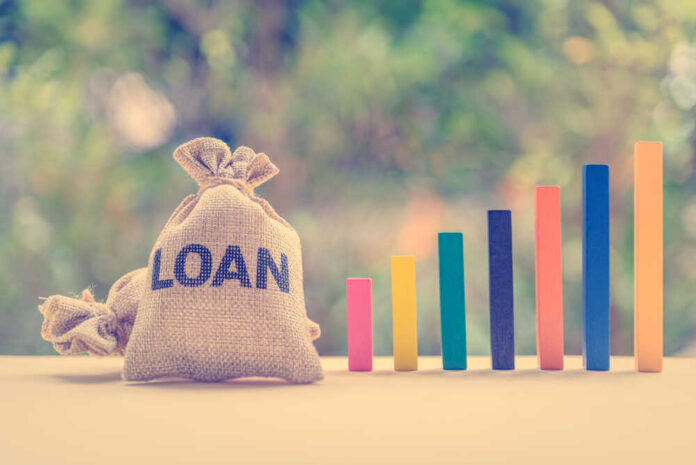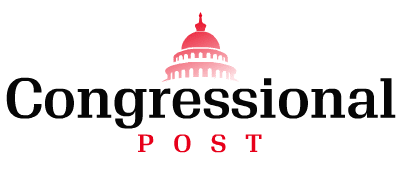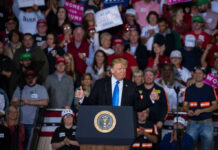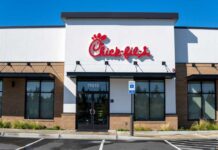
The Federal Reserve announced this week that it was raising interest rates yet again, marking the latest effort in the fight against stubborn inflation in the economy. The decision brought interest rates to their highest point since 2001 and could be a significant hurdle for Americans looking to borrow.
The Fed’s decision was not entirely unexpected on Wall Street. Earlier this year, the Federal Reserve stated that it would likely raise interest rates two more times before the end of 2023.
Despite the fact that inflation has come off of recent highs, the last several years have represented the worst inflation in more than 40 years.
The Federal Reserve raised its federal funds rate to 5.5%, which could both tamp down inflation and increase the chance of a recession.
With the latest rate hike, Americans are now facing the highest interest rates in over 20 years. The pain Americans are feeling is the direct result of the federal government borrowing and spending trillions of dollars since March 2020.
Politicians stroke checks they will never…
— Ron DeSantis (@RonDeSantis) July 26, 2023
The central bank wrote that it would “continue to assess additional information and its implications for monetary policy.”
It added that it would “take into account the cumulative tightening of monetary policy, the lags with which monetary policy affects economic activity and inflation, and economic and financial developments.”
The recent decision leaves the Federal Reserve three more scheduled opportunities to change rates. The central bank has meetings planned for September, November and December.
Fed Chairman Jerome Powell said that there has been no decision regarding rates prior to the September meeting.
He said that the bank would “make our decisions meeting-by-meeting based on the totality of the incoming data and their implications for the outlook for economic activity and inflation, as well as the balance of risks.”
The higher interest rates will make it more difficult for Americans seeking to borrow to purchase a home or vehicle.
Furthermore, the difficulty in borrowing may also spark a recession. The latest hikes place interest rates above the previous recent levels achieved in 2007. The higher rates played a role in the following year’s market crash that started the Great Recession.
The increase also indicates that rate cuts in the near future are unlikely.
Powell said that the central bank would not be comfortable cutting rates “this year.”














